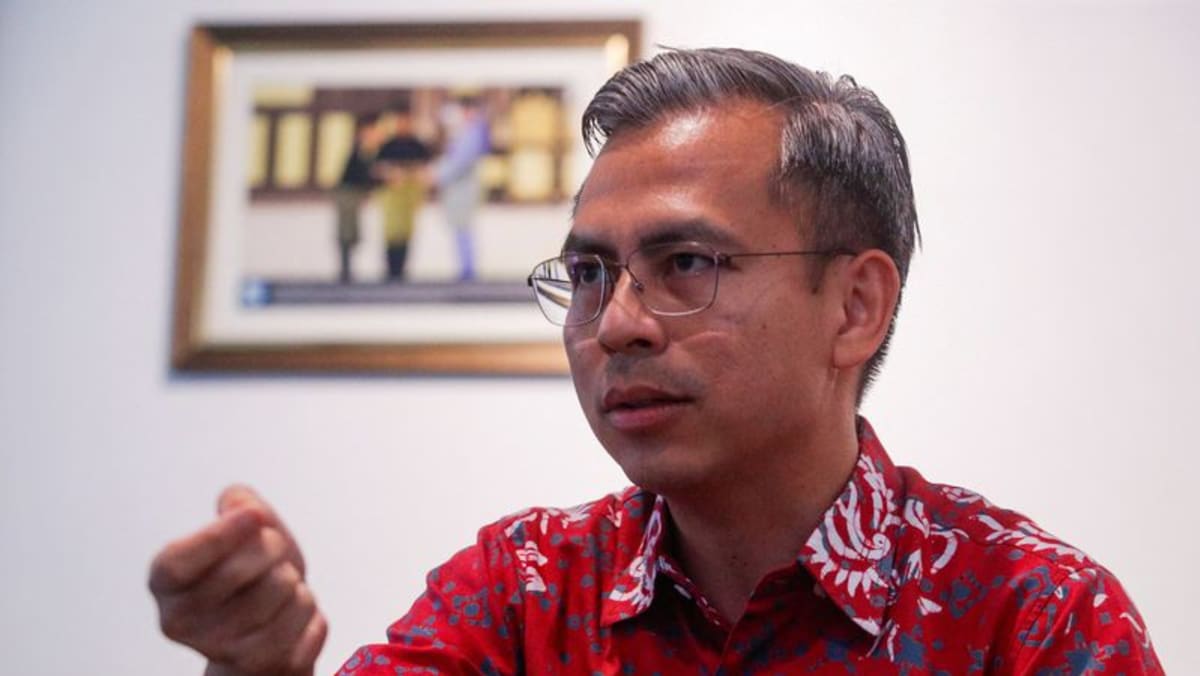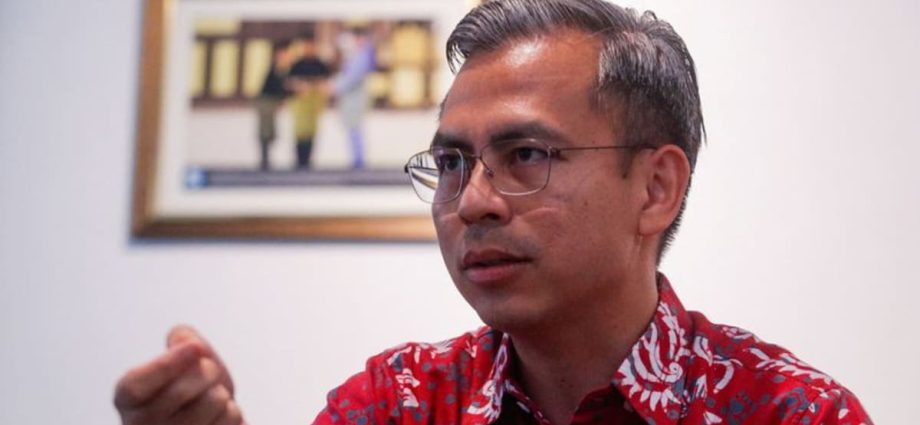
Fahmi dismissed concerns raised over increased government scrutiny of online content, and denied issuing orders to take down several opposition-linked news sites and social media accounts in recent weeks.
The take-downs, he said, were likely to have been made in response to complaints made by ordinary users for violating social media guidelines.
The outages came as Malaysia prepares to hold regional elections next month that will pit Prime Minister Anwar Ibrahim’s administration against a conservative Malay-Muslim alliance.
The government did not intend to curb freedom of expression, but drew the line at content touching on race, religion, and royalty, Fahmi said.
“Those who cry out, saying that we are an iron-fisted dictatorship, I think they’re being a tad bit dramatic,” he said.
Race and religion are thorny issues in Malaysia, which has a majority of mainly Muslim ethnic Malays alongside significant Chinese and Indian minorities.
Malaysia also has laws prohibiting insults against its sultans, who play a largely ceremonial role. An opposition figure was charged this month with sedition for allegedly insulting them.
Separately, Fahmi said Malaysia’s major telecommunications firms will form the country’s second 5G network, as part of the government’s plan to end a monopoly held by state-owned 5G agency Digital Nasional Berhad (DNB).
The firms, which have agreed to take up stakes in DNB and use its network, will split to form the second 5G entity when coverage reaches 80 per cent of populated areas, Fahmi said.

